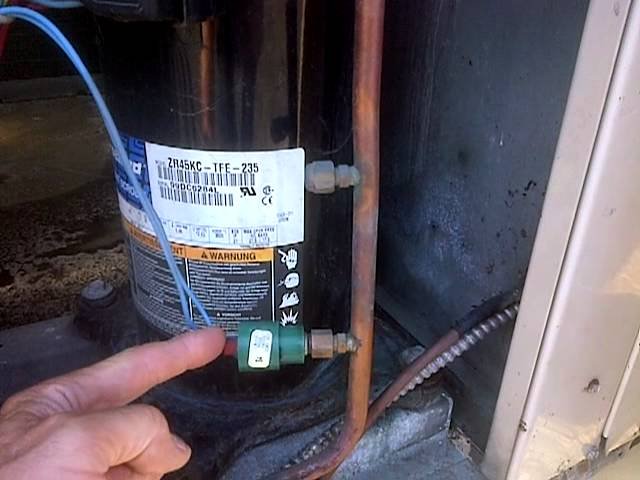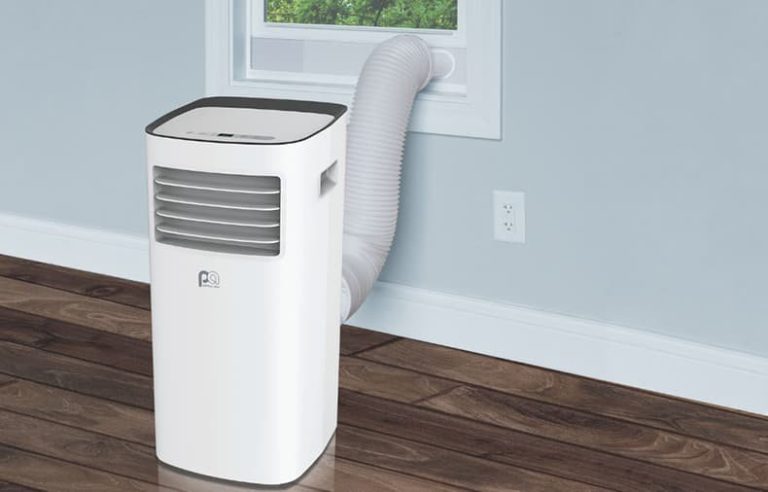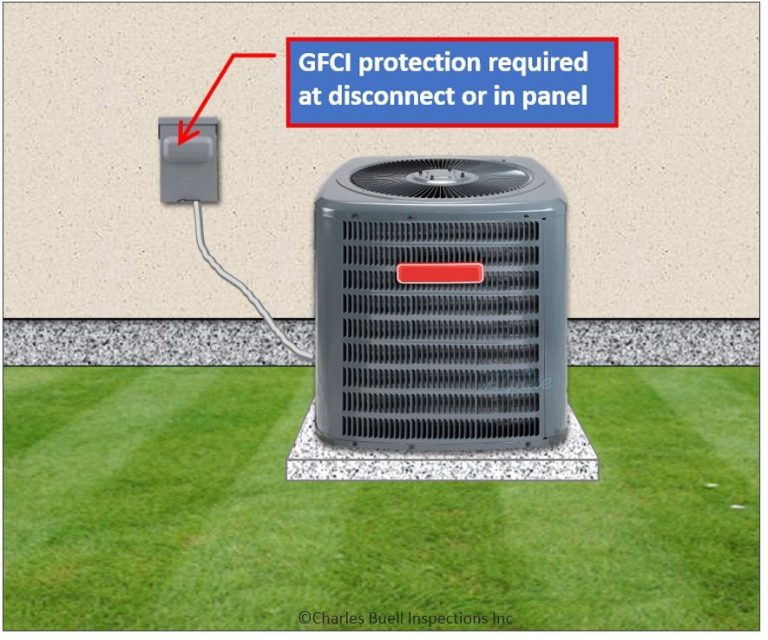Can Air Conditioners Make Your House Smell? Unveiling The Truth Behind Unpleasant Odors
Yes, air conditioners can make a house smell. There are various factors and potential culprits that can contribute to unpleasant odors emitted by air conditioning systems. Identifying and addressing these issues is crucial for maintaining a clean and healthy living space.
Picture this: it’s a sweltering summer day, and you seek solace in the cool comfort of your air-conditioned home. But as you step inside, an unpleasant smell hits your nose, instantly dampening your relief.
It’s a scenario that homeowners, renters, and building managers dread – the realization that their trusted air conditioning system may be responsible for a less-than-fresh indoor environment. Unveiling the truth behind these unpleasant odors is crucial for anyone who values a clean and healthy living space.
In this article, we’ll dig deep into the question that has likely crossed your mind: “Can air conditioners make your house smell?” By exploring various factors and potential culprits, we aim to shed light on this issue that plagues many individuals. Maintaining a fresh indoor atmosphere isn’t just about comfort; it’s about preserving a space that promotes well-being. We understand the challenges faced by those who encounter unidentifiable odors emanating from their air conditioning systems.
The struggle to pinpoint the source and the concern for potential health hazards can be overwhelming. That’s why it’s essential to delve into this topic and equip ourselves with knowledge to tackle these issues head-on. Join us as we dive into the truth behind unpleasant odors caused by air conditioners.
Understanding Air Conditioner Odors
When it comes to unpleasant smells in your home, it’s important to determine whether your air conditioner is the culprit. While air conditioners are designed to provide clean and fresh air, certain factors can lead to odors. Let’s explore some common reasons why your air conditioner may be making your house smell.
1. Mold and Mildew Growth
Mold and mildew thrive in environments with excess moisture, making your air conditioning system an ideal breeding ground. If your air conditioner accumulates moisture in the condensate drain pan or the evaporator coils, mold and mildew can grow and release a musty odor into your home.
To prevent mold and mildew growth, it’s crucial to keep your air conditioning system clean and well-maintained. Regularly inspect and clean the condensate drain pan, coils, and air filters. Consider using a dehumidifier in areas with high humidity to minimize moisture accumulation.
2. Dirty Air Filters
Dirty air filters can also contribute to unpleasant odors in your home. When air filters become clogged with dust, dirt, and debris, they can emit a stale smell as the trapped particles decompose.
Regularly check and replace your air filters to ensure optimal air quality. This not only helps prevent odors but also improves the efficiency and lifespan of your air conditioning system.
3. Stagnant Water in the Drip Pan
The drip pan in your air conditioning system collects condensation that drips from the evaporator coils. If this pan is not properly drained or cleaned, stagnant water can accumulate and produce a foul smell.
Regularly inspect and clean the drip pan to avoid unpleasant odors. Ensure that the drain line is clear of any clogs or blockages to allow proper drainage.
4. Dead Animals or Insects
In some cases, odors emitted by your air conditioner may be caused by the presence of dead animals or insects in the system. Rodents, birds, or insects can find their way into the air ducts or outdoor unit and become trapped, leading to decomposition and unpleasant smells.
If you suspect that there may be a dead animal or insect in your air conditioning system, it’s important to contact a professional technician to safely remove the remains and sanitize the affected areas.
5. Chemical Odors
Sometimes, the odors emitted by your air conditioner may not be related to the system itself but rather to the cleaning products or chemicals used in the vicinity. Certain cleaning agents, solvents, or even nearby painting projects can release strong odors that may be mistaken for air conditioner smells.
Ensure proper ventilation when using cleaning products or chemicals near your air conditioning system. If you notice persistent chemical odors, it’s advisable to consult a professional to assess the situation.
6. Gas Leaks
In rare cases, a gas leak in your air conditioning system can cause a distinct smell similar to rotten eggs. Gas leaks are a serious safety concern and require immediate attention.
If you suspect a gas leak, evacuate your home immediately and contact your local gas provider or emergency services. Do not attempt to fix the issue yourself.
Foul odors emanating from your air conditioner can be both unpleasant and concerning. By understanding the potential causes of these smells, you can take proactive measures to address them and maintain a fresh and healthy indoor environment.
Learn How to Clean an Air Conditioner Servicing AC Cleaning at Home – SMELL FREE AC
Frequently Asked Questions (FAQ)
Can air conditioner make house smell?
How can I get rid of the bad smell from my air conditioner?
Why does my air conditioner smell like chemicals?
Can air fresheners solve the smell issue?
When should I seek professional help for AC smells?
Final Words: Preventing and Addressing Air Conditioner Odors
In conclusion, if your air conditioner is making your house smell, there are several potential causes to consider. Mold and mildew growth can occur in the condensate drain pan or evaporator coils, leading to a musty odor.
Regular cleaning and maintenance of these components can help prevent mold and mildew. Dirty air filters can also contribute to unpleasant smells, so it’s important to regularly replace them.
Stagnant water in the drip pan can produce a foul smell, so make sure to clean and drain the pan regularly. Additionally, the presence of dead animals or insects in the system can cause decomposition and unpleasant odors, requiring the assistance of a professional technician. Chemical odors from cleaning products or nearby painting projects can sometimes be mistaken for air conditioner smells, so proper ventilation is important.
Lastly, gas leaks are a serious safety concern and should be addressed immediately by evacuating the home and contacting the gas provider or emergency services. To prevent and address these odors, it is essential to keep your air conditioning system clean and well-maintained. Regularly inspect and clean the condensate drain pan, evaporator coils, and air filters.






